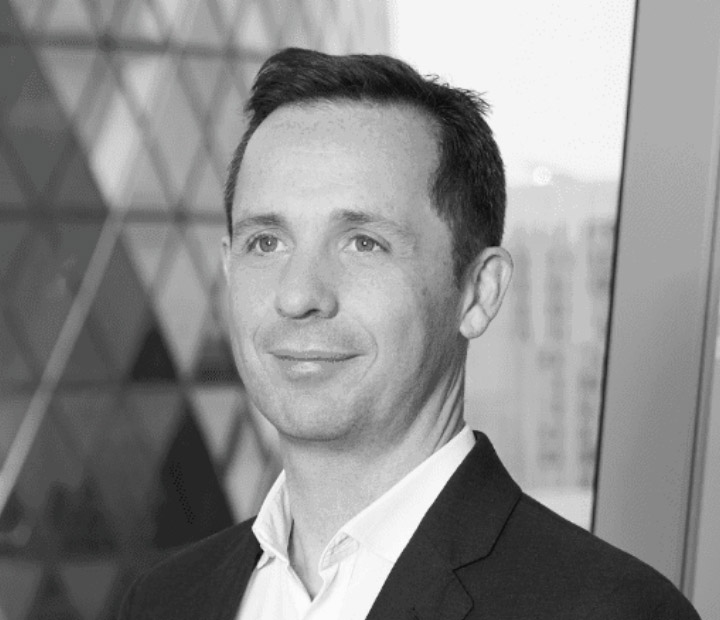



The ODD Blog: Investor Protection
Nearly twenty years ago, two US journalists, Arvielund and Ocrant, published separate articles questioning the legitimacy of Madoff Securities, an investment business run by Bernard L. Madoff.
The articles suggested the returns apparently being generated via US options trading were far too good to be true.
Seven years later Madoff was arrested and charged with running the largest investment fraud, or ‘Ponzi Scheme’, in American history. Nine years later still, the 24,000 private and institutional investors in the scheme started getting (some of) their money back.
When Madoff was asked why a 2006 US Securities and Exchange Commission investigation had not then uncovered the $12bn-$20bn fraud, he replied that they did not ask the right questions, “I was astonished. They never even looked at my stock records.”
Investor Protection
Asking the right questions, and in a timely manner, is key to the business of Operational Due Diligence (“ODD”) delivered by perfORM Due Diligence Services (“perfORM”), particularly when it comes to investor protection where we normally think about safeguarding assets from malpractices and mitigating the likelihood of reputational damage.
Further, it is not just the investment manager, and the fund(s) they offer, that are subject to extensive investigation, but also their service providers: custodians, administrators, and in the case of crypto, the digital asset exchanges, custodians and prime brokers.
Prior to investing, and beyond confirming the strength and durability of the fund structure, allocators of funds who commission ODD reviews, as most of them do, are also looking to confirm that what they see is what they get. In other words that the investment manager is not saying one thing and doing another. This may apply to the manager’s strategy and the risk of style drift (where the investment approach has shifted from that publicised in the fund prospectus).
This is increasingly important now that ESG considerations and the associated reputational risks, have come to the fore. No investor wants to trumpet green credentials only to find that the portfolio in which they are invested contains skeletons in the closet, for example, old-style industrial polluters or perhaps financial institutions with no gender diversity at board level.
“Morningstar has removed more than 1,200 ‘sustainable’ funds with a combined $1.4trn in assets from its European sustainable investment list after closely examining disclosures provided to investors such as prospectuses and annual reports.” Financial Times – 14 February 2022
ESG due diligence can be broadly categorised at the highest level in two ways:
- ESG/impact investment considerations
- ESG at an operating business level
Typically, perfORM looks at the latter and this very broadly encompasses the environmental practices of the firm (such as sustainability and energy use), the social practices (such as pay, diversity, gender, whistleblowing policies, board and ownership diversity) and governance (employee related litigation, complaints record, policies, tone from the top, and staff turnover).
The cost of carrying out ODD is very low compared with the potential risks and financial implications of not doing it. ODD has become a key component of the investment process and the value of the assurance derived from detailed research cannot be understated. Unlike regulatory investigation (as in the case of Madoff), ODD reviews take place in advance of committing capital and checks are ongoing, commonly taking place annually through the life of an open-ended investment.
As the US financial journalist, Jane Bryant Quinn, who focuses on investor protection, pointed out: “Hindsight is not a strategy.”
perfORM is an award-winning provider of Operational Due Diligence (ODD) services for a diverse base of UK and international allocators, investment managers and service providers. To find out more, get in touch with co-Heads Quentin Thom or James Newman.

